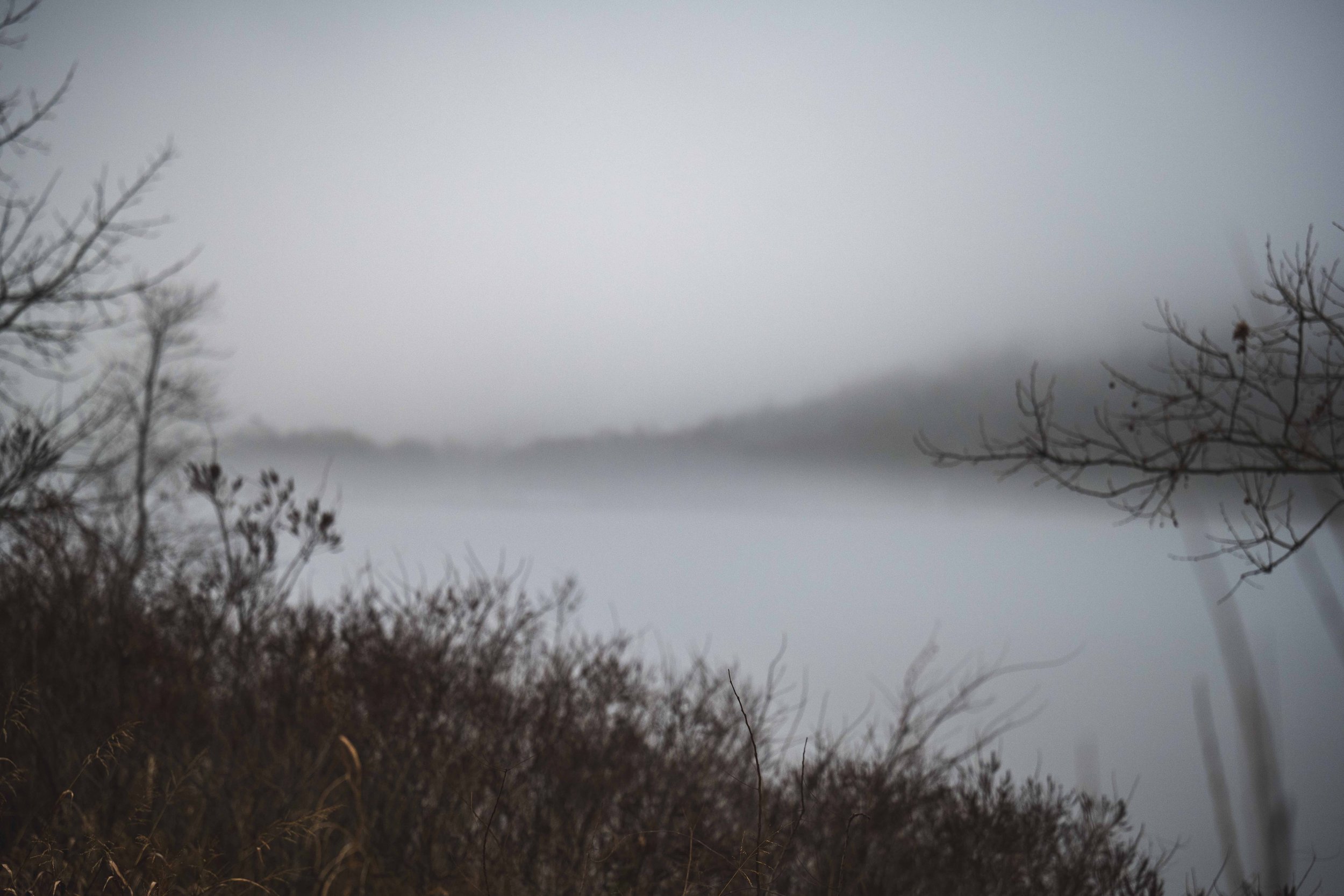What If We Didn’t Need to Escape
We’ve been sold a shallow version of the good life.
It looks like a beach chair. A plane ticket. A glossy brochure offering two weeks of escape from a routine that quietly wears us down. The structure remains untouched, but for a brief moment, we are allowed to step outside it, if we’ve earned it, if we’ve saved enough, if we promise to return.
This isn’t liberation. It’s recess.
What often passes for autonomy is little more than permitted relief. The system doesn’t ask whether the structure itself is humane. It simply offers a sanctioned break from it, and only to those who can afford the pause. We measure success by how far we can flee from our own schedules.
But there’s a deeper question just beneath the surface. What exactly are we coming back to? And why do we need to leave in order to feel alive?
The real shift isn’t found in temporary escape. It comes from not needing one. It’s not about flights booked or weekends reclaimed. It’s about shaping a life that aligns with how you want to spend your time, where you place your energy, and what you quietly believe a day should feel like. It’s not a change of scenery, it’s a change in structure.
The language we use reveals the truth. "Get away." "Recharge." "Take a break." But the brief relief of vacation only sharpens the edges of the life we’ve put on hold. The fluorescent lights feel harsher after mountain fog. The traffic more suffocating after the stillness of foreign streets. We come home not refreshed, but reminded: this isn’t how I want to live.
That feeling isn’t a failure of the trip. It’s a clue.
What if we stopped treating rest and spaciousness as things to be rationed? What if we started asking better questions, not just about where we want to go, but about how we want to live when we’re not going anywhere?
This kind of life doesn’t advertise itself. It isn’t flashy. It won’t win applause. But it offers something steadier. More mornings without dread. More days aligned with purpose. More time for work that matters, for people who matter, and for the kind of slowness that restores rather than depletes.
It takes honesty. And patience. And a willingness to unlearn what we’ve been told about success and satisfaction.
But the reward is not rest. It’s return. Not to the same life, but to something redesigned. A rhythm that fits. A way of living that no longer needs escape.
